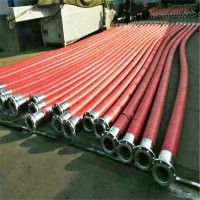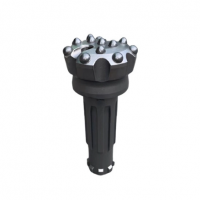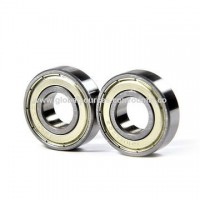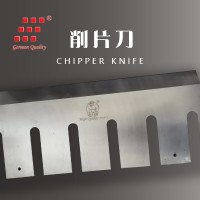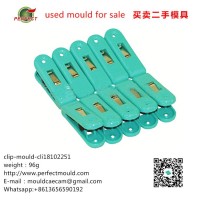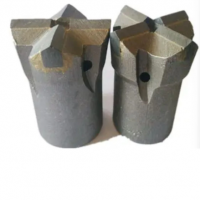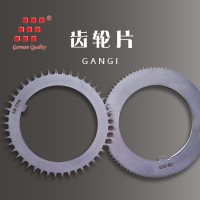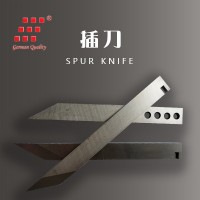1. Flat-shaped teeth: Unlike conical or bullet-shaped teeth, flat teeth have a broad, flat surface that enables them to effectively cut through soil or rock with less resistance. This design allows for increased stability and control during the drilling process.
2. Versatility: Flat teeth can be used for drilling in various soil and rock conditions, including cohesive soils, hard clays, soft rocks, and weathered rock formations.This versatility makes them suitable for a wide range of foundation drilling applications.
3. Durability: Flat teeth are typically made from strong and durable materials such as hardened steel or tungsten carbide. This ensures that they can withstand the high impact and abrasion forces encountered during drilling, resulting in longer-lasting cutting tools.
4. Easy replacement: When flat teeth become dull or worn out, they can easily be replaced by detaching the old teeth and attaching new ones. This allows for quick maintenance and reduces downtime on the drilling site.
Flat teeth foundation drilling refers to a method of drilling foundations using a drilling rig equipped with flat teeth or cutting tools. These flat teeth are designed to efficiently cut through different types of soil and rock formations, allowing for the construction of stable foundations for structures such as buildings, bridges, and dams.
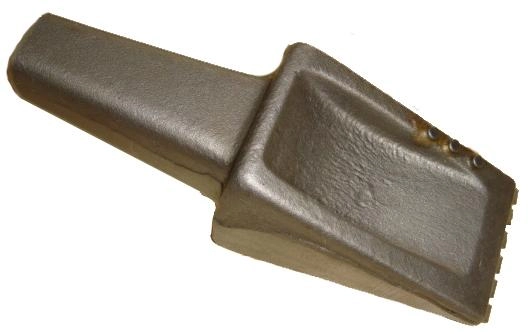
The key features of flat teeth foundation drilling include:
1. Flat-shaped teeth: Unlike conical or bullet-shaped teeth, flat teeth have a broad, flat surface that enables them to effectively cut through soil or rock with less resistance. This design allows for increased stability and control during the drilling process.
2. Versatility: Flat teeth can be used for drilling in various soil and rock conditions, including cohesive soils, hard clays, soft rocks, and weathered rock formations. This versatility makes them suitable for a wide range of foundation drilling applications.
3. Durability: Flat teeth are typically made from strong and durable materials such as hardened steel or tungsten carbide. This ensures that they can withstand the high impact and abrasion forces encountered during drilling, resulting in longer-lasting cutting tools.
4. Easy replacement: When flat teeth become dull or worn out, they can easily be replaced by detaching the old teeth and attaching new ones. This allows for quick maintenance and reduces downtime on the drilling site.
5. Cost-effective: Flat teeth foundation drilling is a cost-effective method compared to other drilling techniques. The flat teeth provide efficient cutting performance, minimizing energy consumption and reducing the overall drilling costs.
In summary, flat teeth foundation drilling offers a reliable and efficient method for drilling foundations in various soil and rock conditions. The flat-shaped teeth provide stability, versatility, and durability, making them a popular choice for constructing stable and strong foundations.
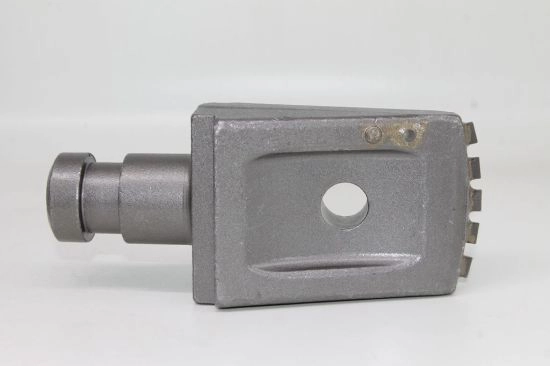

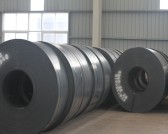
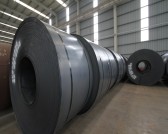
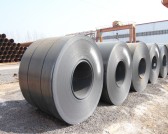
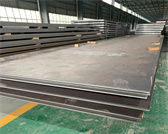

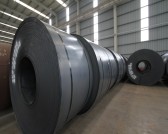
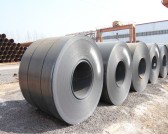
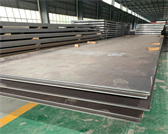

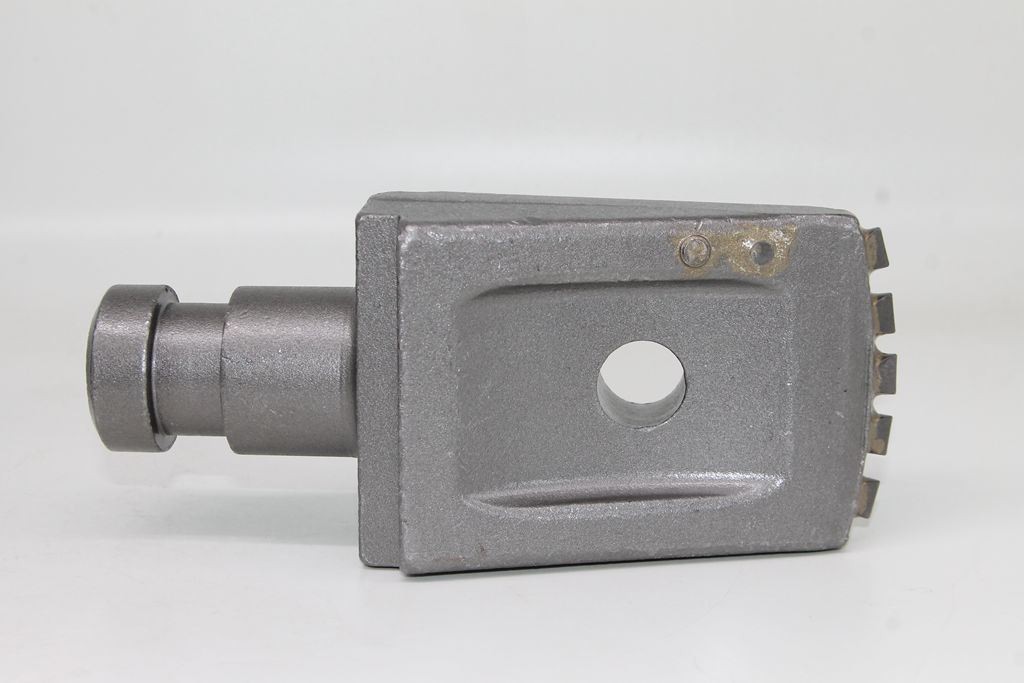
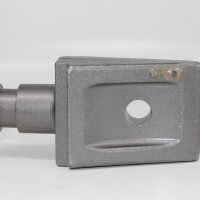
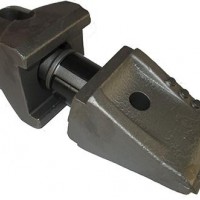
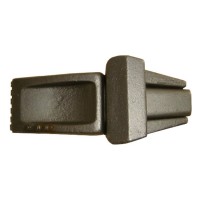
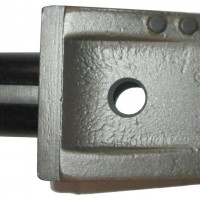





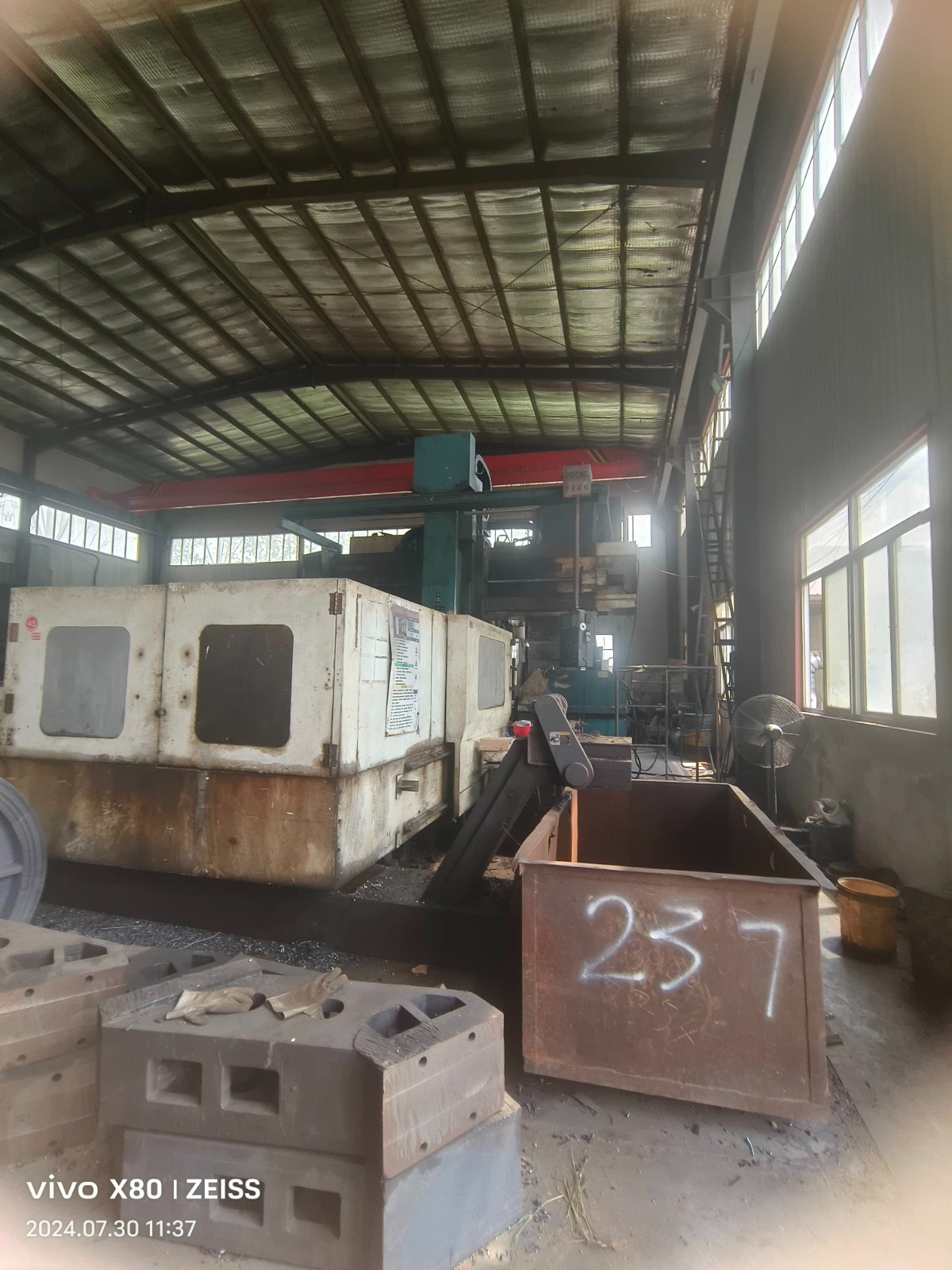
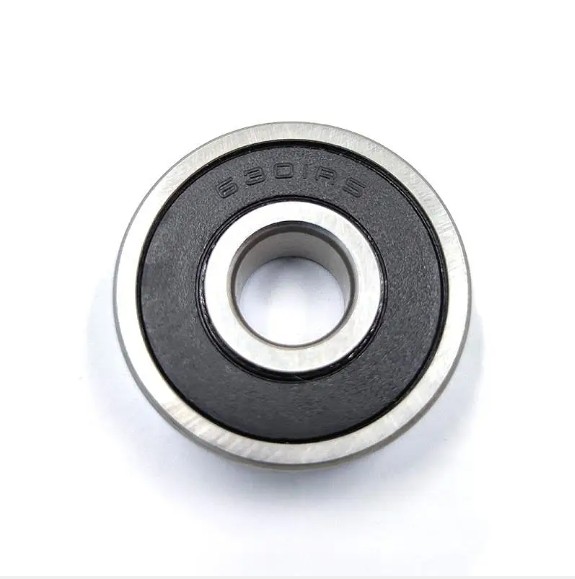
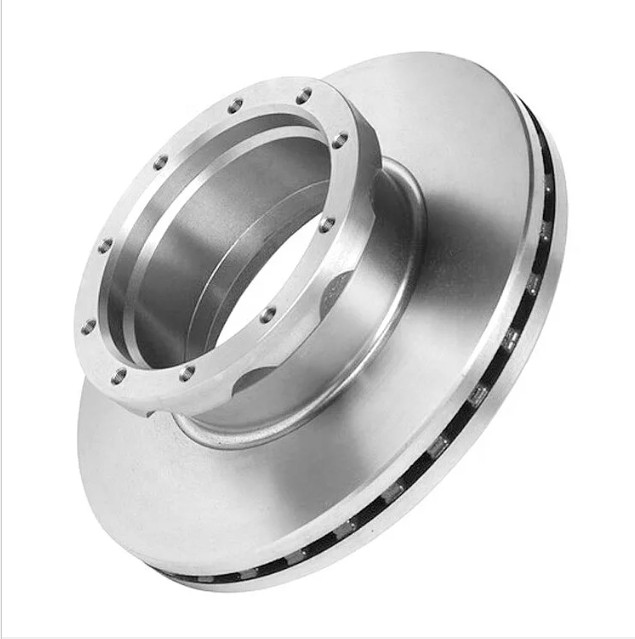
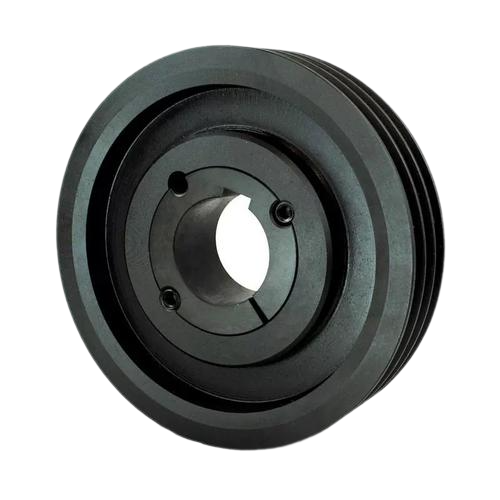
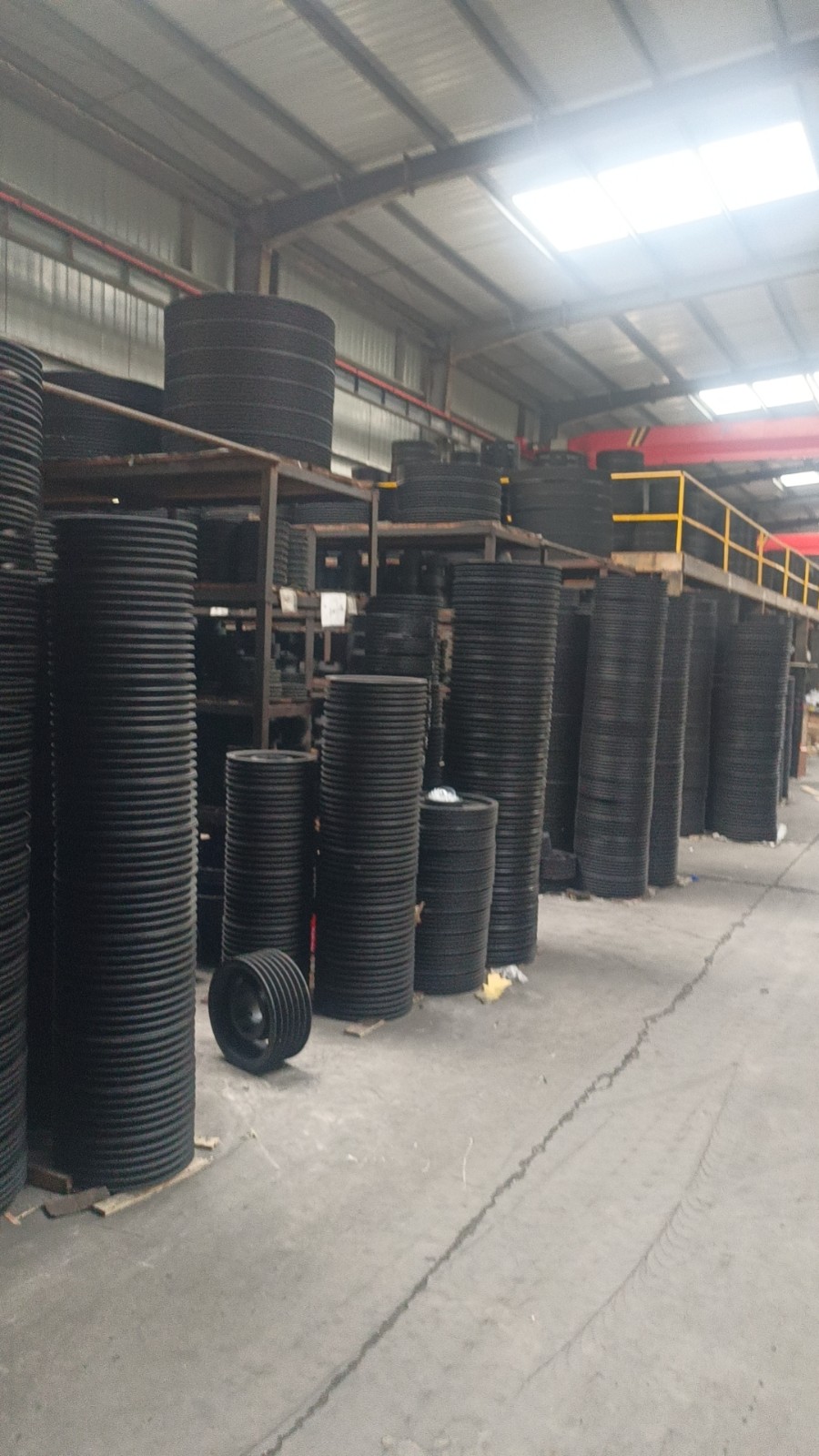
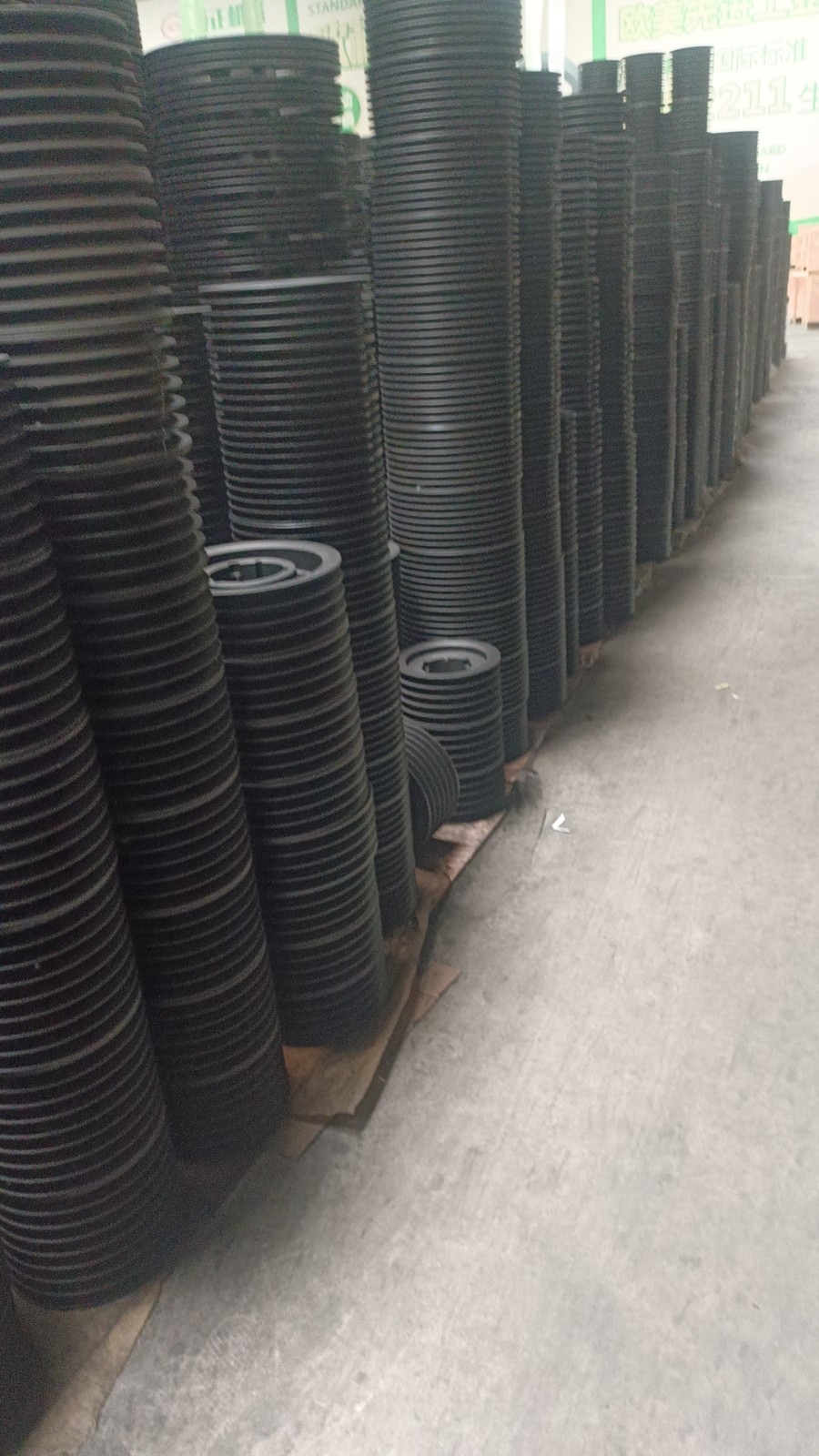
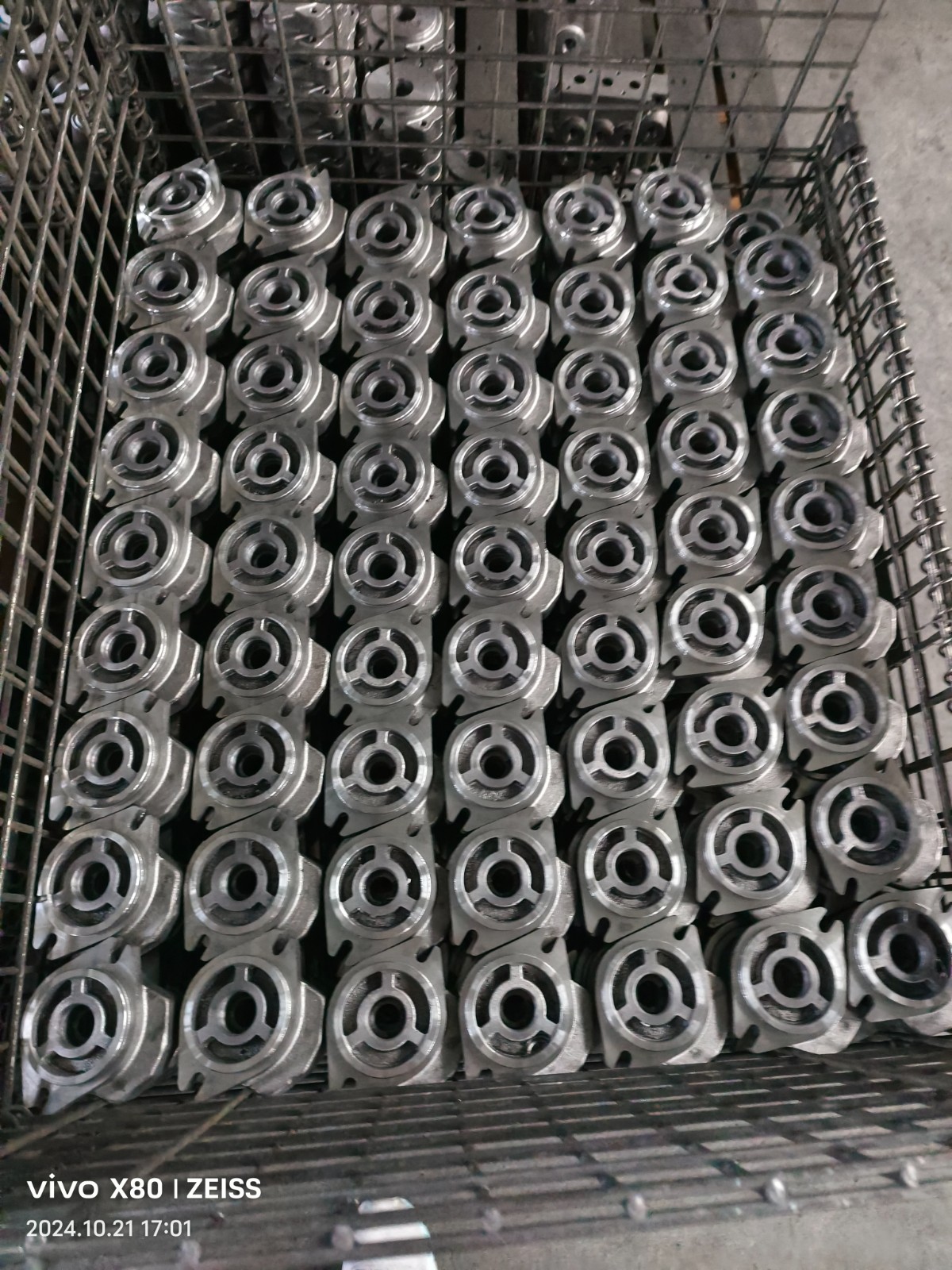
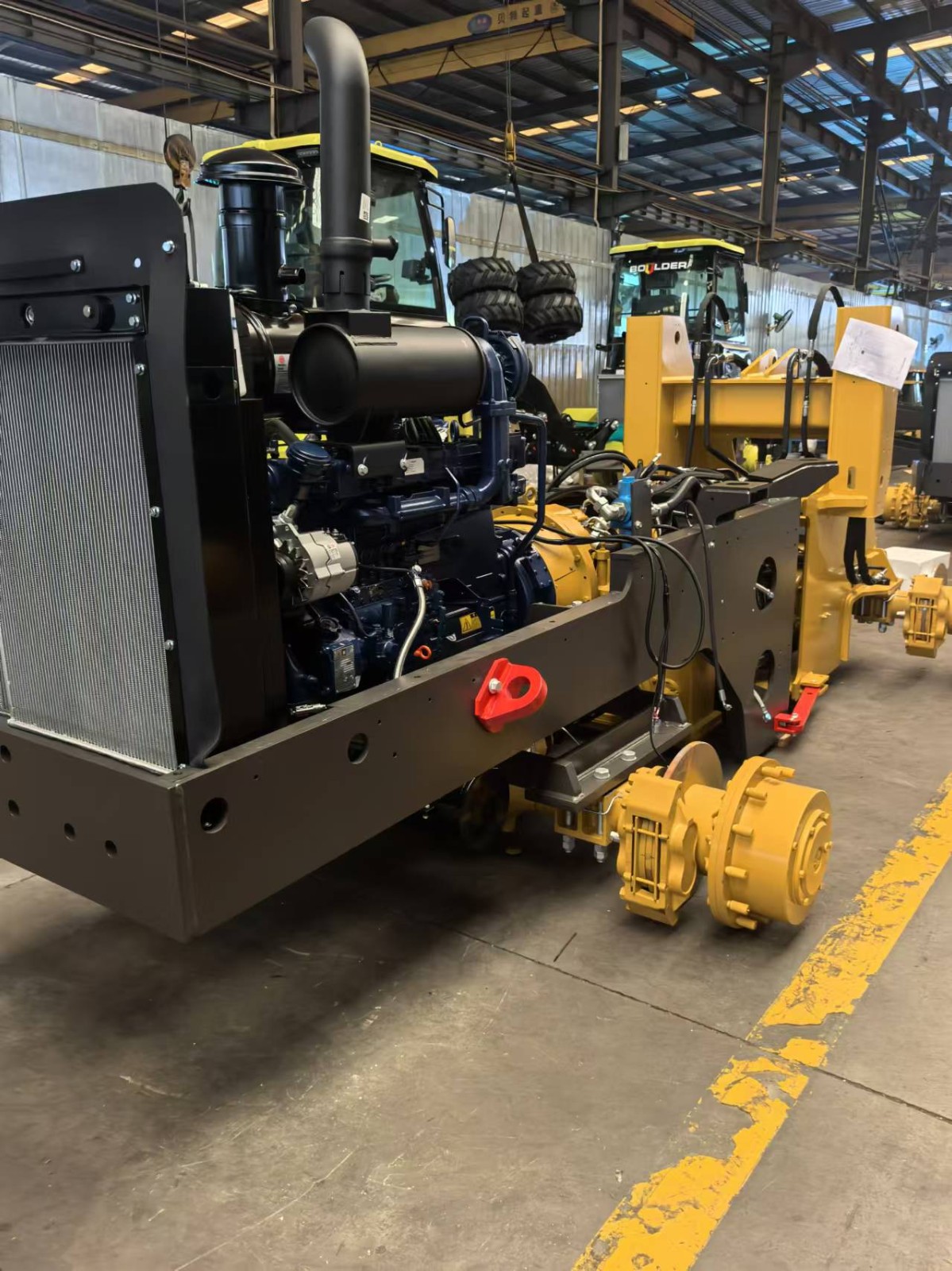
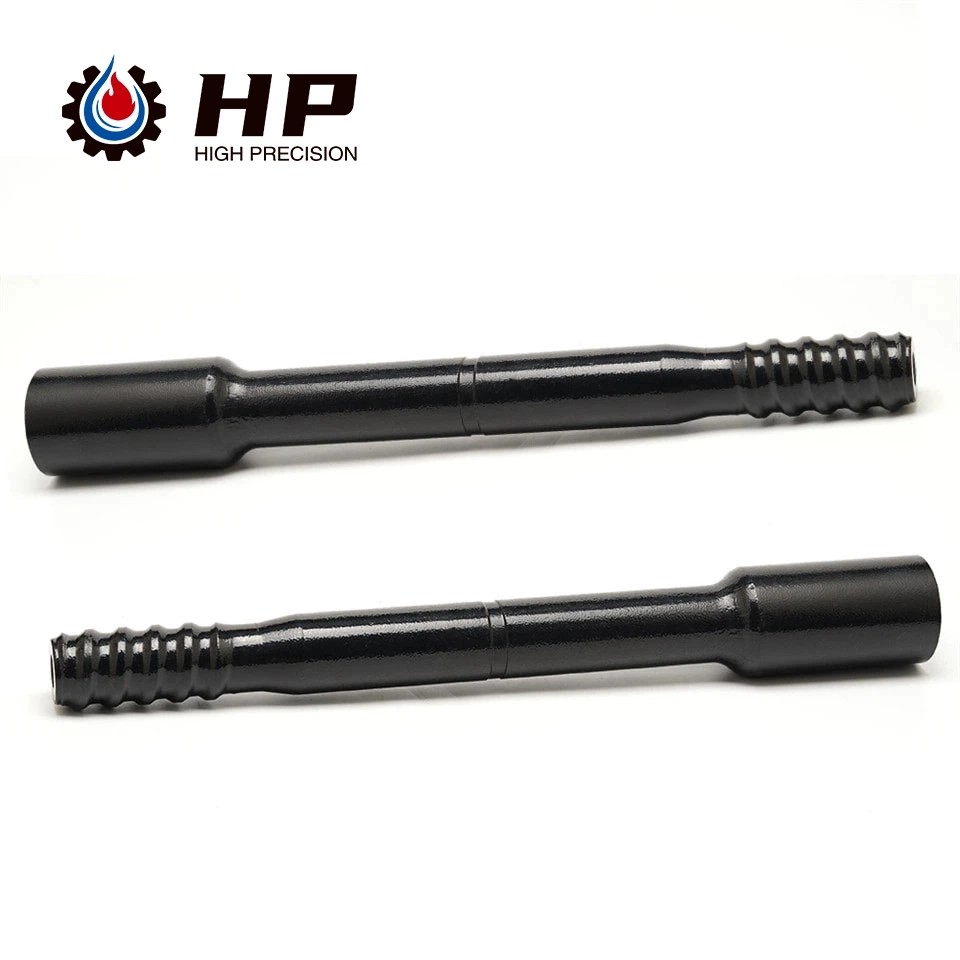
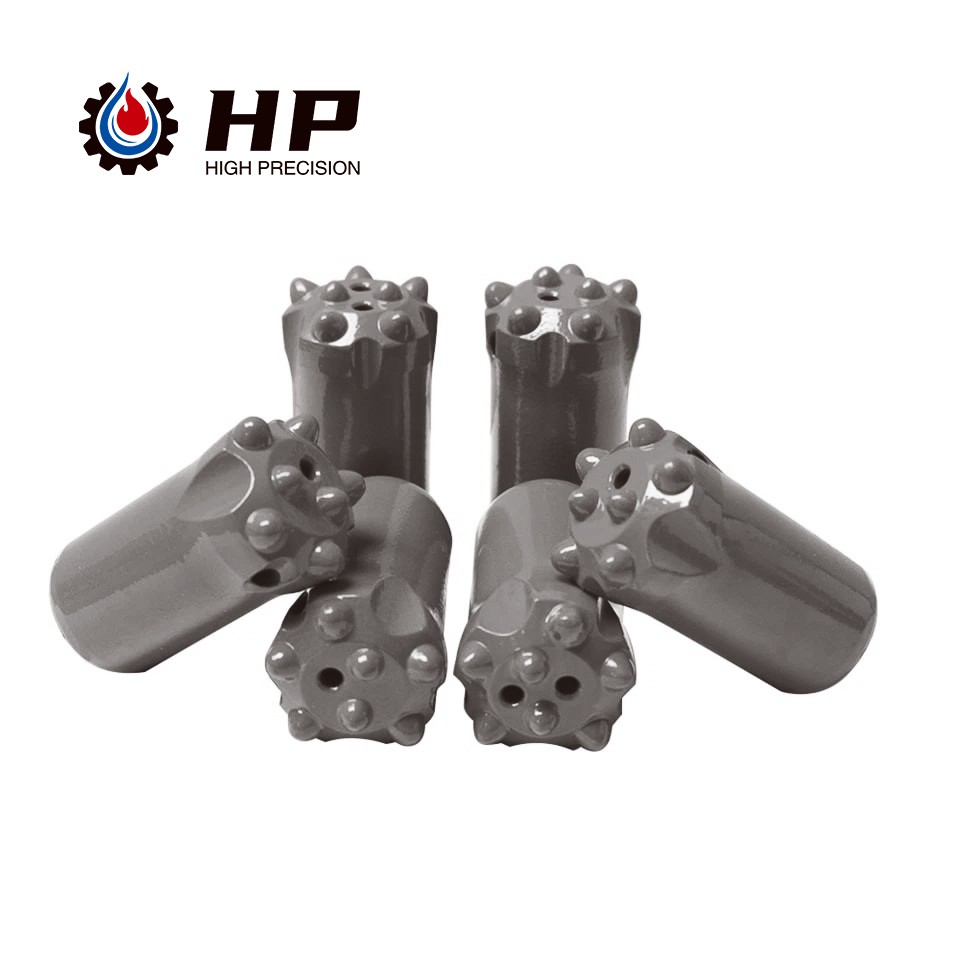
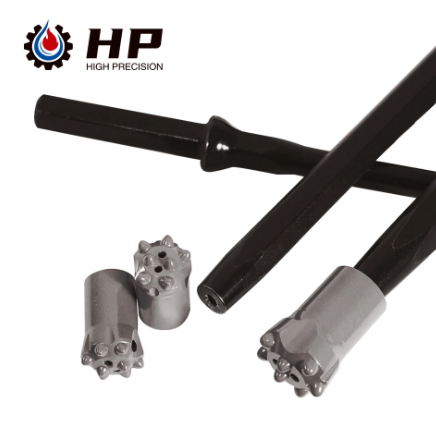
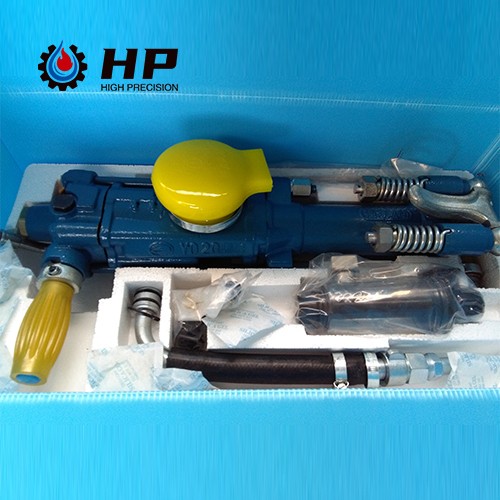
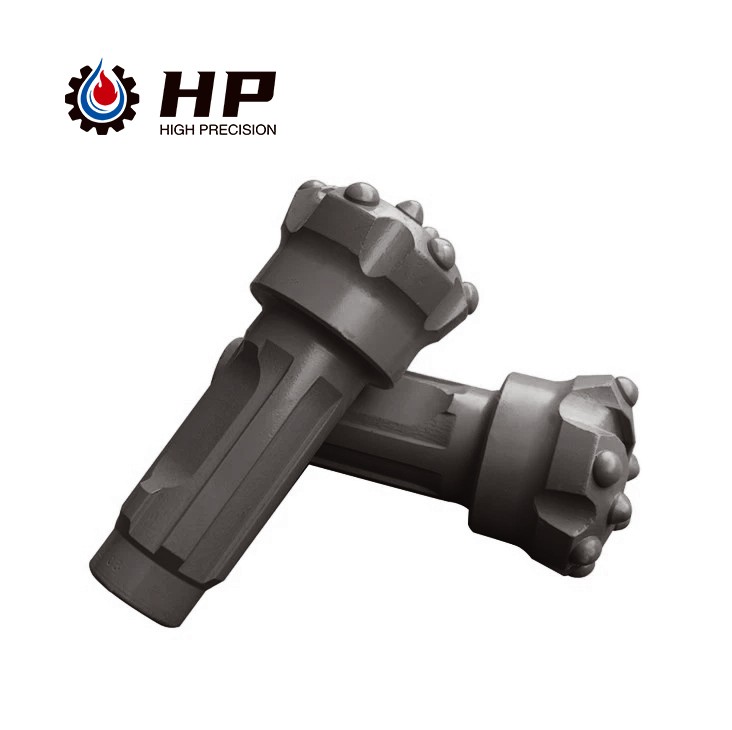
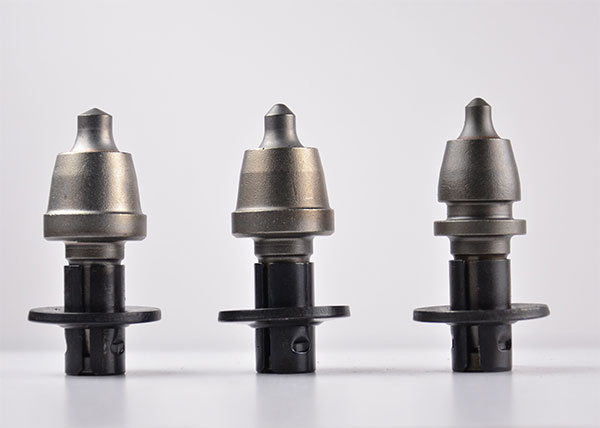
 The1year
The1year






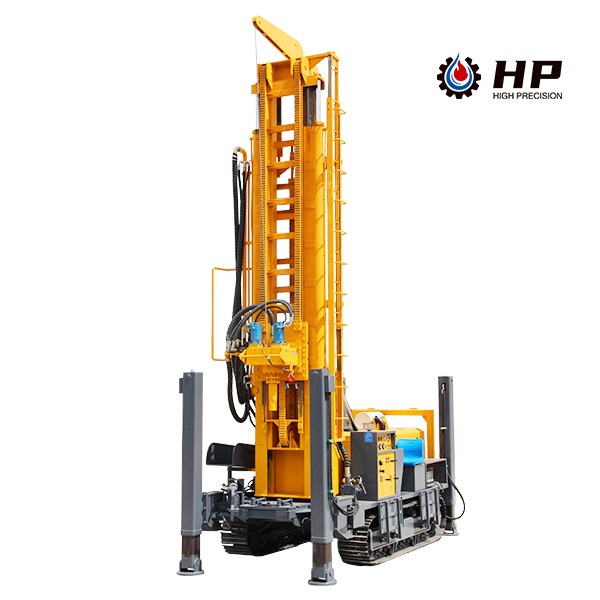 HP800 Water Well Drilling Rig
HP800 Water Well Drilling Rig
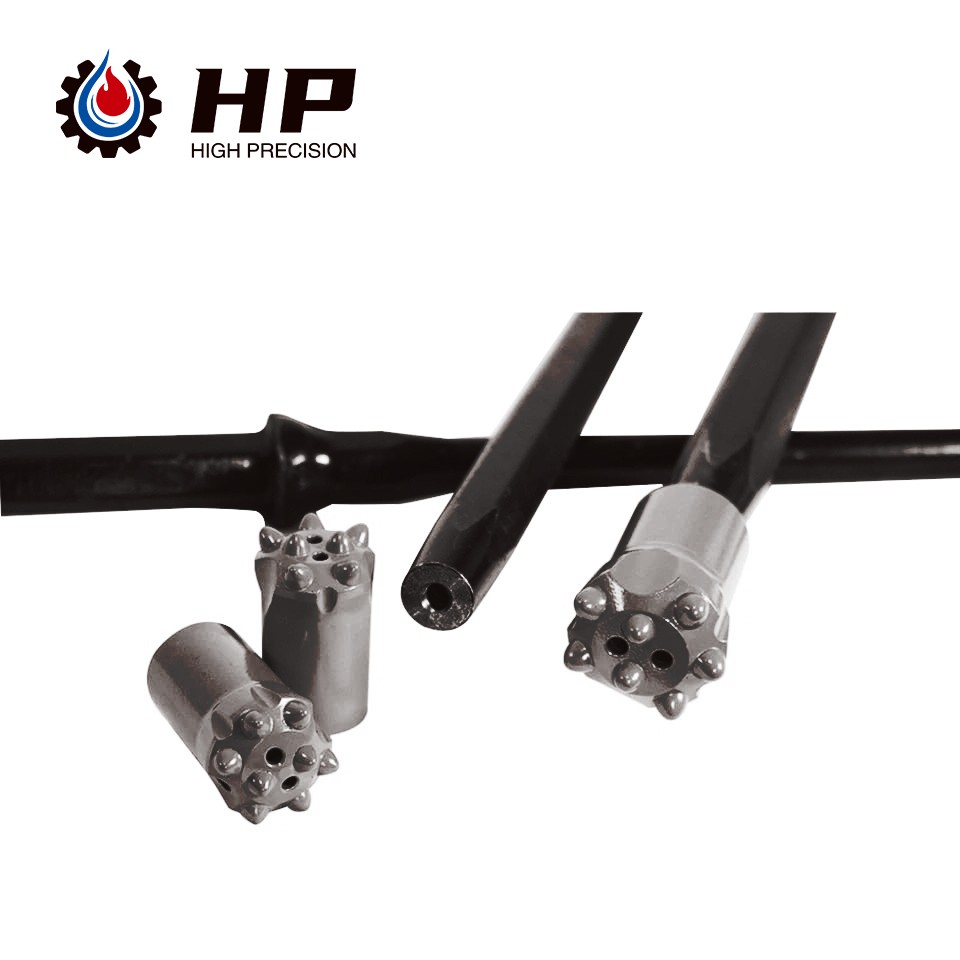 11 Degree Taper Drill Rod
11 Degree Taper Drill Rod
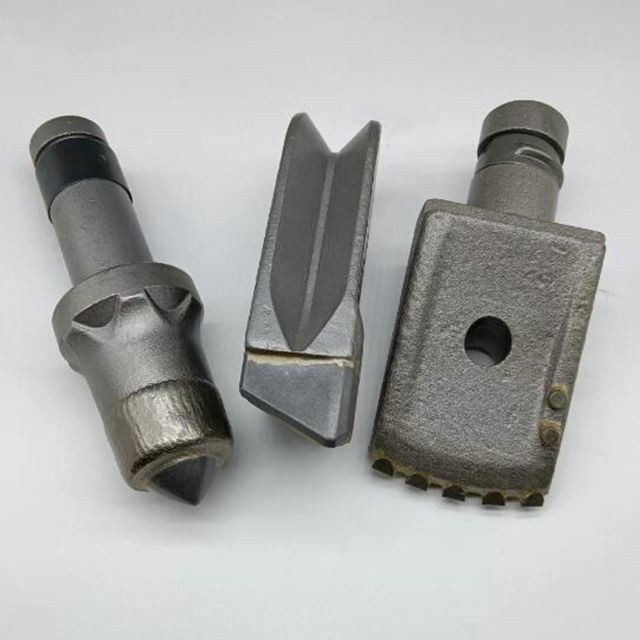 Trenchers Flat Tooth Foundation D
Trenchers Flat Tooth Foundation D
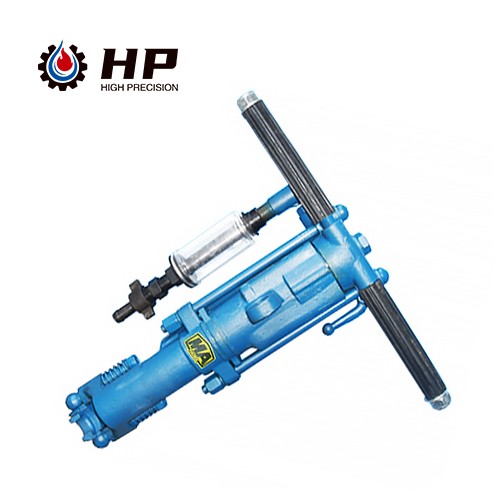 Y19A Jack Hammer
Y19A Jack Hammer
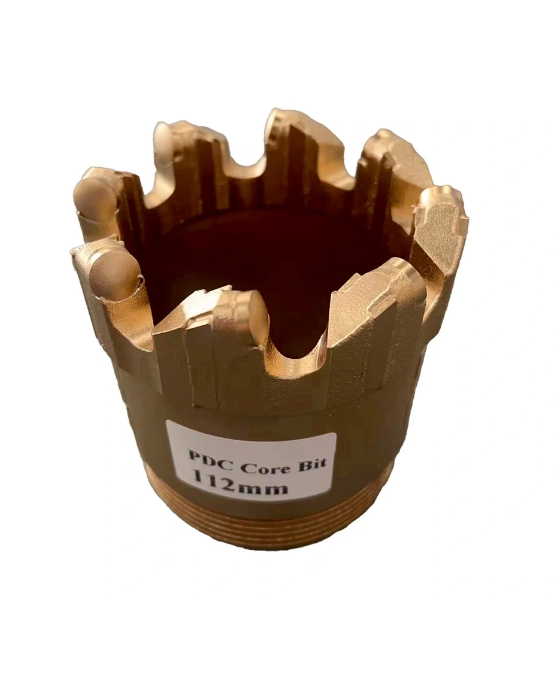 112mm PDC Core Drill Bit for Well
112mm PDC Core Drill Bit for Well
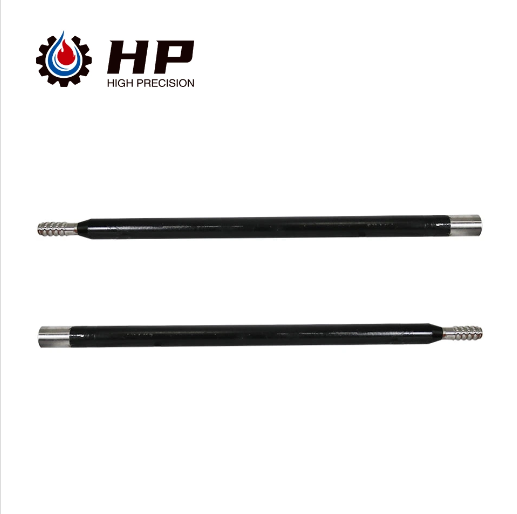 T45 Guide Tube
T45 Guide Tube
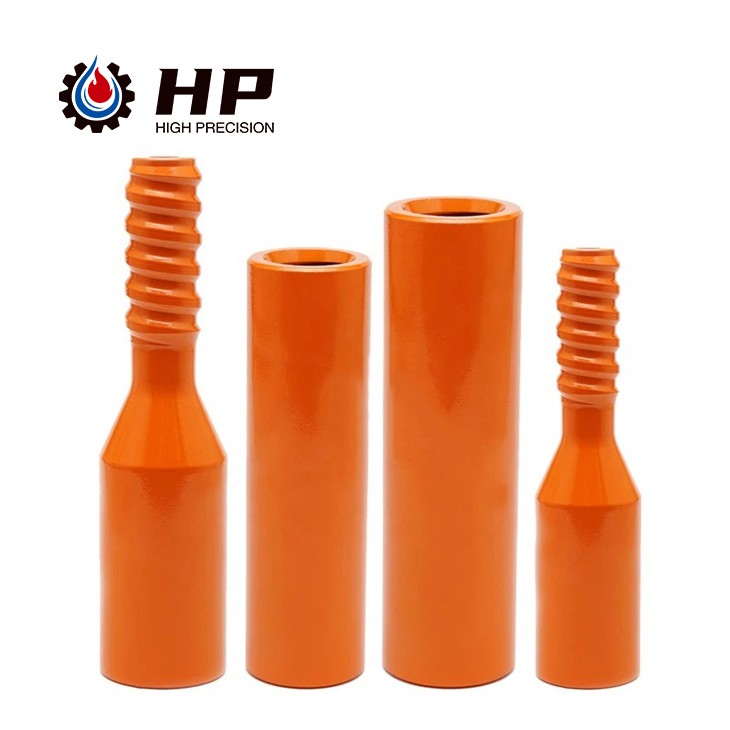 T45 Thread Coupling Sleeve
T45 Thread Coupling Sleeve
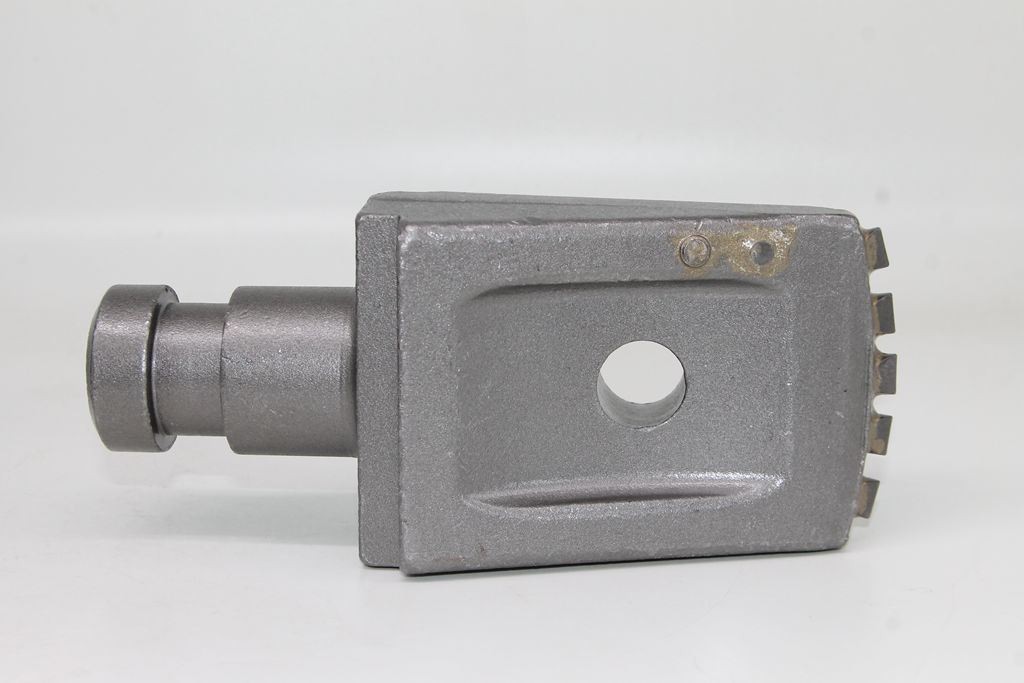 Wear Parts Flat Tooth Foundation
Wear Parts Flat Tooth Foundation
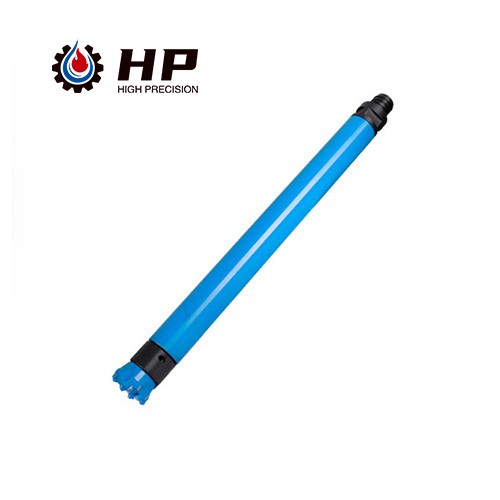 High Air Pressure DTH Hammer
High Air Pressure DTH Hammer
 HP350 Water Well Drilling Rig
HP350 Water Well Drilling Rig
